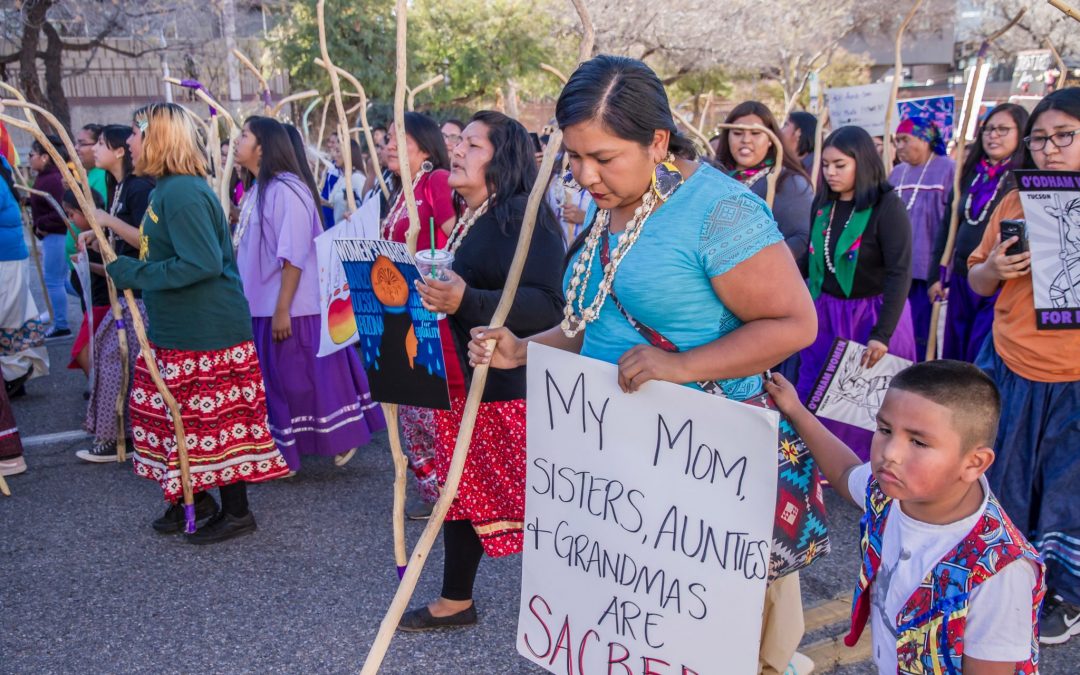For Indigenous History Month at Green Action Centre.
Introduction
In honour of National Indigenous History Month, Green Action Centre would like to recognize Indigenous land defenders, activists, organizations, social enterprises, and businesses in Manitoba who are making a difference through environmental justice actions and efforts. Green Action Centre acknowledges they sit on the historical lands of the Anishinaabe, Cree, Dakota and Métis peoples.
A short while ago – 11 years ago in fact – June was declared National Indigenous History Month. Throughout the month, Canadians are encouraged to learn about the history of Indigenous peoples (First Nations, Métis, & Inuit) from coast, to coast, to coast. According to Statistics Canada (2016), there are approximately 1,673,785 people who self-identified as Indigenous, which accounts for 4.9% of Canada’s population. Currently, there are 617 First Nation communities across Canada, 8 Métis settlements, and 53 Inuit communities.
In Manitoba, there are 63 First Nations, which includes 6 of the largest bands in Canada: Norway House, St. Theresa Point, Peguis, Garden Hill, Nelson House, and Sandy Bay. The top 5 language groups spoken in Manitoba First Nations are: Ojibway, Cree, Oji-Cree, Dakota, and Dene. Indigenous peoples also account for 18% of Manitoba’s population.
Lastly, did you know there are 10 urban reserves in Manitoba? Opaskwayak Cree Nation, Swan Lake First Nation, Roseau River Anishinabe First Nation, Sapotaweyak Cree Nation, Nisichawayasihk Cree Nation, Birdtail Sioux First Nation, War Lake First Nation, Long Plain First Nation, and Peguis First Nation.
We encourage you to learn more about Indigenous peoples and their unique histories, culture, and heritage. For example, did you know there are 7 treaties (1-7) in Manitoba alone? To learn more, click here.
We’ve included a list of the many Indigenous organizations and individuals doing important environmental justice work in Manitoba below, who are defending land, water, and Indigenous sovereignty. If you know of others to highlight, please add them to the comments section. Thank you, Meegwetch, Hiy Hiy, Ekosi, Wopida, Merci. Happy Indigenous History Month!
Indigenous Land Defenders
Camp Morning Star – Was established in Hollow Water First Nation Traditional Territory in response to the proposed Wanipigow Silica Sand Extraction Project. Wanipigow Silica Sand Extraction project is an open pit quarry that extracts silica sand for use in hydraulic fracturing of shale oil and gas. (https://www.campmorningstar.com/)
Spirit of the Buffalo Camp – Geraldine McManus is Dakota and identifies as Two-Spirited. They are an organizer of the Spirit of the Buffalo Camp created in protest of Line 3 near the Manitoba/US border, a board member of the White Buffalo Spiritual Society, Holder of the White Buffalo Hair, a Knowledge Keeper, and is President of the Museum for Indigenous Peoples (https://www.facebook.com/geraldine.y.mcmanus)
Lake Winnipeg Indigenous Collective – Represents Indigenous voices for Lake Winnipeg and works to embrace their responsibility to work collaboratively to restore Lake Winnipeg for future generations. (https://www.lwic.org/)
Pimachiowin Aki Land Guardians – “Anishinaabe men and women work with Elders and other community members to record customary laws and governance approaches, and travel across Pimachiowin Aki, as the eyes and ears of the lands waters, to help us accomplish our stewardship goals.” (https://pimaki.ca/keeping-the-land/guardians-program/)
Wa Ni Ska Tan – Is an alliance of Hydro-Impacted Communities to explore both the positive and negative implications of hydropower for nearby environments and Indigenous communities in Manitoba and other parts of Canada. The hope of the alliance is to enable healing and meaningful and desirable social and environmental change. (http://hydroimpacted.ca/wa-ni-ska-tan-2/)
Indigenous Social Enterprises
Aki Solutions Group – “a non-profit, First Nations managed social enterprise. The company is always asking what a community needs, and it focuses its resources on finding relevant and effective solutions to meet those needs.” Aki Energy works with Manitoba First Nations to reduce energy costs through smart, cost-effective investments in renewable energy. Aki Foods is focused on developing healthy food-based projects that promote employment
opportunities and economic development in First Nations communities. (http://www.akienergy.com/)
Mother Earth Recycling – “Our mission is to provide meaningful training and employment
opportunities to the Aboriginal community through environmentally sustainable initiatives.”
(http://www.motherearthrecycling.ca/)
Indigenous Organizations
Centre for Indigenous Environmental Resources – Established as a national First Nation directed environmental non-profit charitable organization in 1994, CIER’s mission is to work in partnership with Indigenous nations to support and build sustainable Indigenous communities and protect lands and waters. (https://www.yourcier.org)
Four Arrows Regional Health Authority Inc. – “a regional organization created and governed by the Island Lake Anishininew Nations, we work cooperatively with community health services to improve health outcomes for the Island Lake membership”(https://fourarrowsrha.org/)
Northern Manitoba Food Culture and Community Collaborative – “working to foster healthier and stronger communities in Manitoba, through improved access to healthy foods and the development of resilient local economies.” (http://www.nmfccc.ca/)
Here are some actions you can take to honour National Indigenous History Month:
● Watch a video or two from the Treaty Relations Commission of Manitoba Youtube channel (https://www.youtube.com/channel/UCygGVnfn4nSuSsONMDVr5-Q)
● Attend a rally organized by Indigenous land defenders or support their
organizations
● Read the findings in the Truth & Reconciliation Report (http://www.trc.ca/about-
us/trc-findings.html)
● Check out Chelsea Vowel’s book to better understand treaties – Indigenous Writes: A Guide to First Nations, Métis, and Inuit Issues in Canada (https://www.portageandmainpress.com/product/indigenous-writes/). Also available through the Winnipeg Library.
● Support Indigenous Artists by listening and buying their music and art.
● Watch a webinar or two on Working with Indigenous Communities from the Canadian Environmental Law Association: https://cela.ca/working-with-indigenous-communities-a-3-part-webinar-series/
● Watch a series of webinars on Recognizing Indigenous Sustainable Education (RISE) within Manitoba: https://greenactioncentre.ca/reduce-your-waste/rise-webinar-series-may-19-21/




Recent Comments